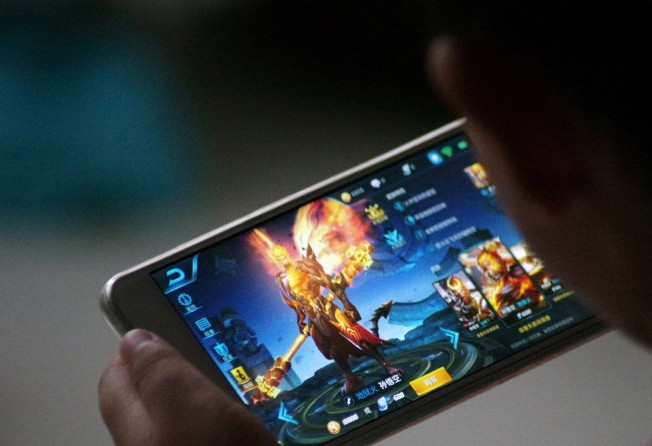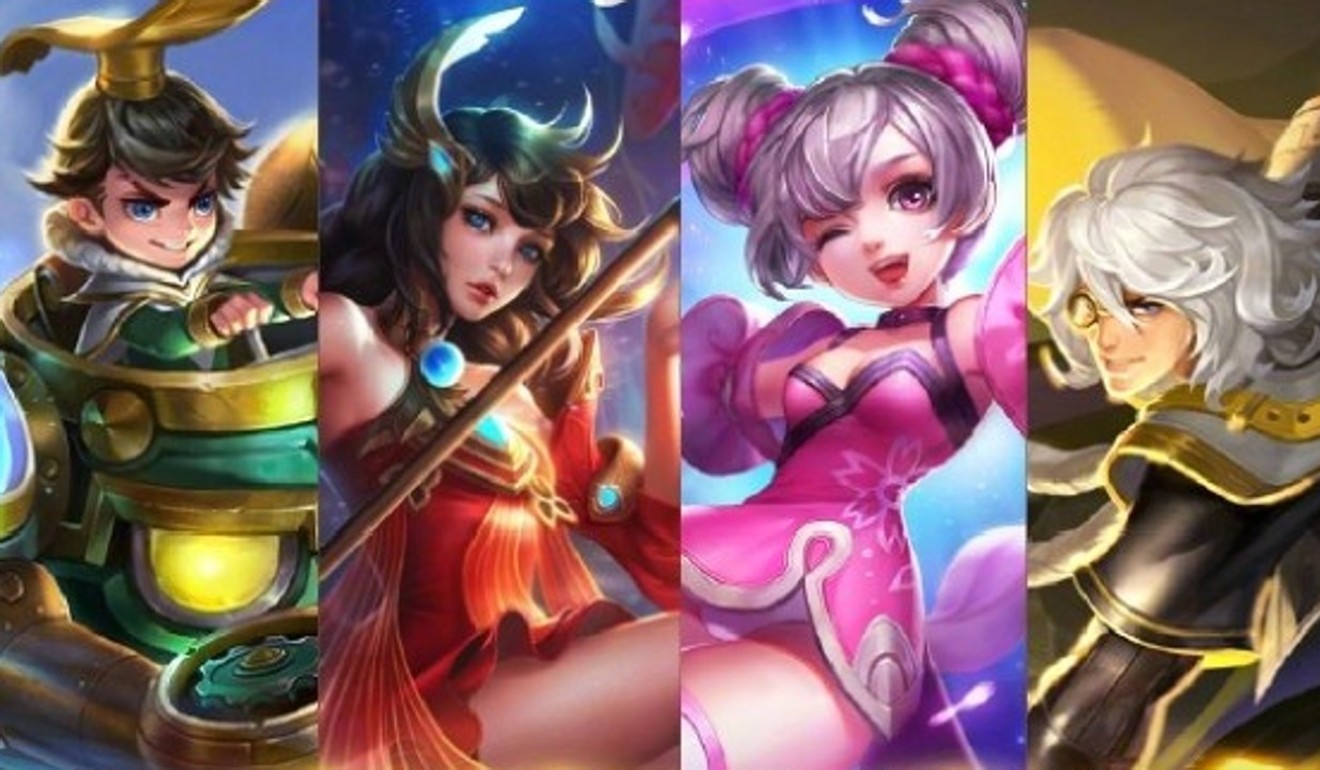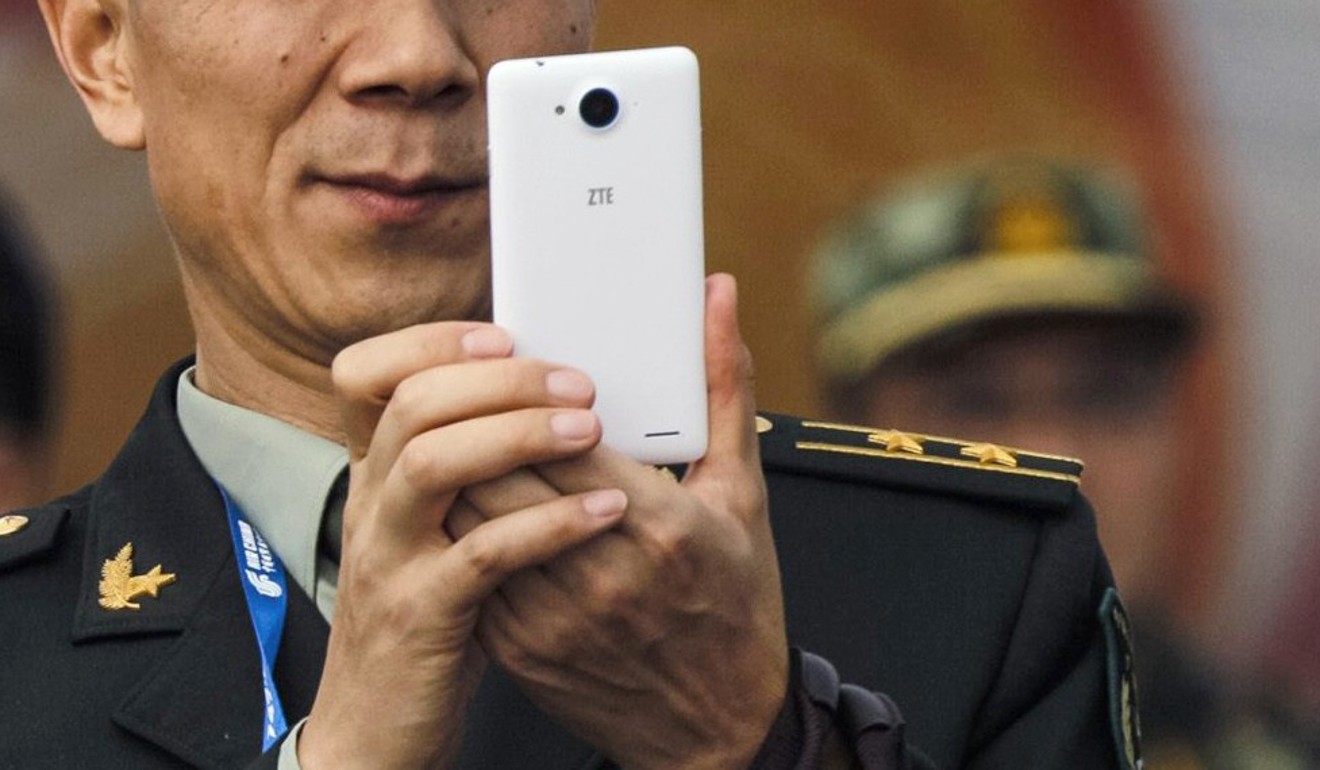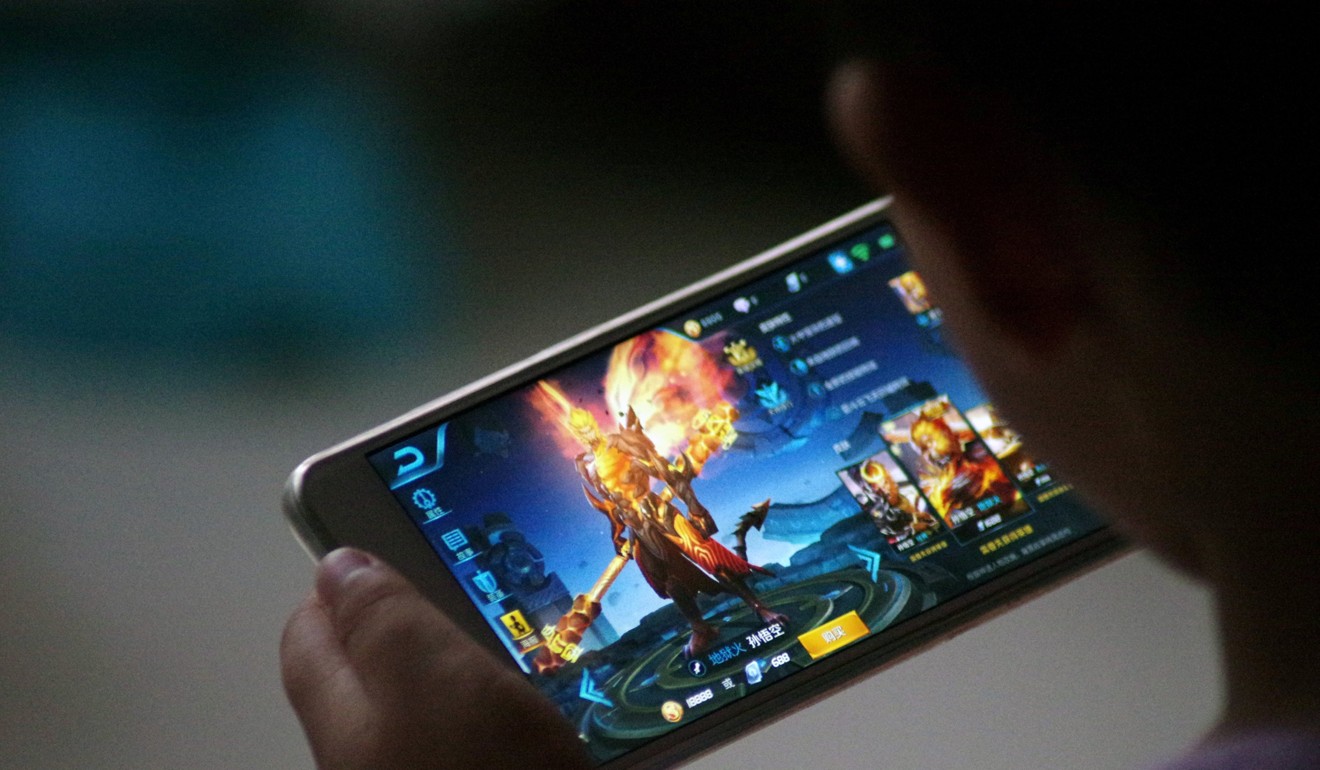
‘This is my daughter, Honour of Kings’: 5 times China’s mobile gaming obsession got out of hand

Video games can be great ways to kill time, especially when they are ubiquitous mobile games like the Chinese blockbuster Honour of Kings, but be careful how much time you put into them.
Here is a look at what can happen when obsession with a game gets out of hand.

1. Woman loses sight in one eye after marathon session playing Honour of Kings on her mobile phone
A 21-year-old Chinese woman went blind in one eye after playing Honour of Kings on her mobile phone non-stop for a whole day.
She was diagnosed with retinal artery occlusion in her right eye - a doctor said the condition was associated with elderly people and rarely seen in the young, adding that the woman’s blindness was most likely caused by severe eye strain.
The woman, a financial worker, said she had become so obsessed with the game that she would play it after work and all day at weekends.
“On days when I have no work, I usually get up at 6am, eat breakfast and play until 4pm,” she said. “Then I’ll eat something, have a nap and play until 1am.”
She said she regretted not having listened to her parents, who often tried to persuade her to stop playing the game in case she “went blind”.
2. In honour of world’s No. 1 mobile game, Shaanxi parents name their daughter ‘Honour of Kings’
An official at the public security bureau of Shaanxi’s provincial capital Xi’an said the police were powerless to intervene and would issue the relevant documentation and birth certificate if the parents were willing to give their baby that name.

3. China’s army warns addiction to online game ‘could sap fighting power’
China’s military mouthpiece described the popularity of Honour of Kings among military personnel as a national security threat, and said that an addiction to the online game among some of its soldiers could hamper their ability to fight.
“The game has already infiltrated ... the daily lives of some soldiers and officers, affecting [their] physical and psychological health on a certain level”, the People’s Liberation Army Daily article said.
Some officers were cited as saying that entire platoons of soldiers were seen doing nothing on weekends but playing the game on their mobile phones in their barracks.

4. PLA missile unit officer demoted for playing video game in toilet
An officer in the Chinese military’s Rocket Force unit was demoted after he missed an important phone call from his superior – because he was playing a mobile phone game while using the toilet.
The staff officer was still playing the game in the lavatory when his commanding officer came down to find out where he was.
He was subsequently demoted to assistant engineer and moved to another company.

5. To become a ‘Supreme King’ in a week, newbies pay experts to play Honour of Kings for them
Professional doppelgängers get paid to help newbies climb both social and gaming ladders in Tencent’s mobile smash Honour of Kings.
The blockbuster is spurring a thriving underground market for battle-tested coaches who help acolytes rise up the rankings. Ready-made accounts go for as much as US$1,000 apiece. Alternatively, they can take over a social media profile to sow carnage in someone else’s name and save them the hours of work needed to increase an avatar’s ranking.
With more than 200 million players, Honour of Kings has gone mainstream and fostered something of a class system. Students and office workers suss out their colleagues’ and friends’ ratings, and it’s become a race to impress.
“These people have daytime jobs, and not all of them have the skills, but no one wants to be laughed at,” says 26-year-old Huang Zhibin, who has helped almost 200 people boost their rankings in less than a year. By day, Huang works as a high-speed rail mechanic in the coastal province of Fujian. By night, he charges a one-time fee of about 2,000 yuan (US$300) to help newbies gain a coveted “Supreme King” label within a week.